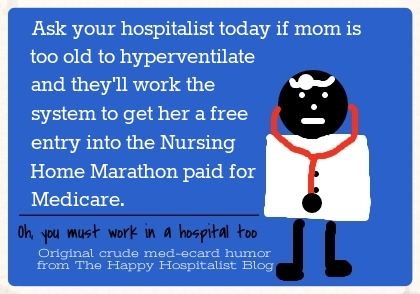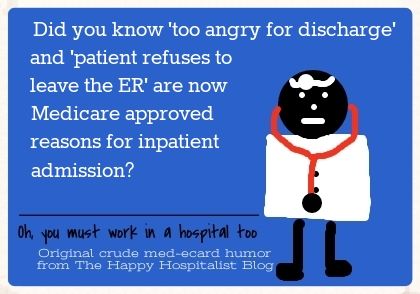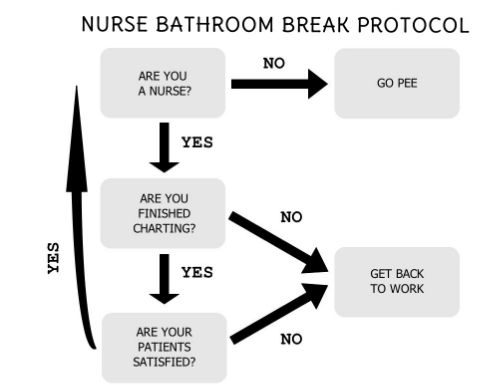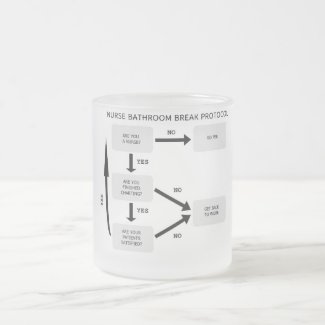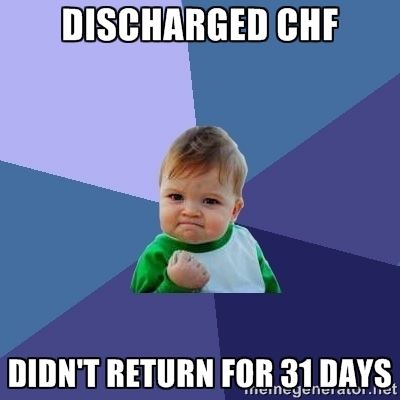 With Illinois granted early access to the Small Business Health Options Program exchange, or SHOP, small businesses in the state already have the opportunity to familiarize themselves with a new online resource for purchasing health insurance for their employees.
With Illinois granted early access to the Small Business Health Options Program exchange, or SHOP, small businesses in the state already have the opportunity to familiarize themselves with a new online resource for purchasing health insurance for their employees.
For those that qualify, purchasing health insurance through the SHOP exchange can represent a smart business decision. They can receive tax credits covering up to 50% of their contribution to employee premiums, plus the SHOP allows small businesses to combine their purchasing with other small businesses to keep costs low.
The healthcare law does not require small businesses with fewer than 50 full-time equivalent employees to provide health insurance. Because 94% of businesses in Illinois employ fewer than 50 people, a large majority are exempt from offering health insurance.
The SHOP was meant to minimize the number of people left out of health reform by helping small businesses provide health insurance anyway, with tax credits and collaborative purchasing power incentivizing this option by keeping costs lower.
But to what extent are small businesses taking advantage of the SHOP? Health & Disability Advocates and Crain’s Chicago Business teamed up to find out and conducted a survey of small business owners. The results are documented in a recently released report from Health & Disability Advocates and an article in Crain's Chicago Business.
The survey found that small businesses are not using the SHOP to purchase health insurance and are largely uninformed about it:
- Fewer than 18% of small business owners said they had learned “a lot” or a “a great deal” about the SHOP.
- Only 11% took advantage of the small business healthcare tax credit.
- And finally, 31% of small businesses surveyed said they did not know whether they were receiving the small business healthcare tax credit.
These findings mirror national trends. In a
national survey by the National Small Business Association, 8% of small business owners reported they would use the SHOP to buy health insurance. Similar figures from the Kaiser Family Foundation were cited in a recent
blog post at The New York Times.
Small businesses would gain from outreach and education on benefits of the SHOP and how to use this resource. Informing the business owners about the SHOP would equip them with information that they could use to enroll their employees in health insurance, an important benefit that helps in retaining and attracting workers.
Since small businesses overwhelmingly rely on brokers when purchasing insurance, the broker community could be a resource in outreach and education efforts. Indeed, brokers are increasingly viewed as
vital partners in healthcare outreach and enrollment efforts. For example, during the first enrollment period
they played a key role in the famously successful effort in Kentucky. Partnering with brokers to conduct outreach can help increase the numbers of small businesses that offer health insurance – and the number of individuals enrolled in healthcare.
The bottom line is that small businesses in Illinois are not aware of the Small Business Health Options Program, the tax credits available to them, or other ACA provisions that could benefit them. For us to effectively reach these important job creators and help them take advantage of these provisions, we must engage the broker community to provide this new outreach and education to their existing clients.
Bryce Marable, MSW
Policy Analyst
Health & Disability Advocates


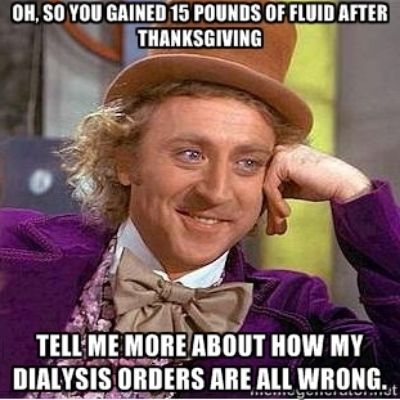





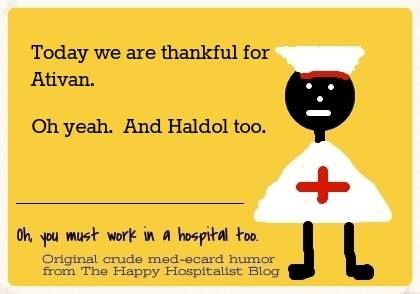
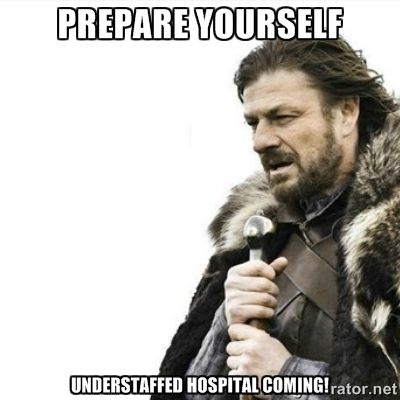








 With Illinois granted early access to the Small Business Health Options Program exchange, or SHOP, small businesses in the state already have the opportunity to familiarize themselves with a new online resource for purchasing health insurance for their employees.
With Illinois granted early access to the Small Business Health Options Program exchange, or SHOP, small businesses in the state already have the opportunity to familiarize themselves with a new online resource for purchasing health insurance for their employees.


